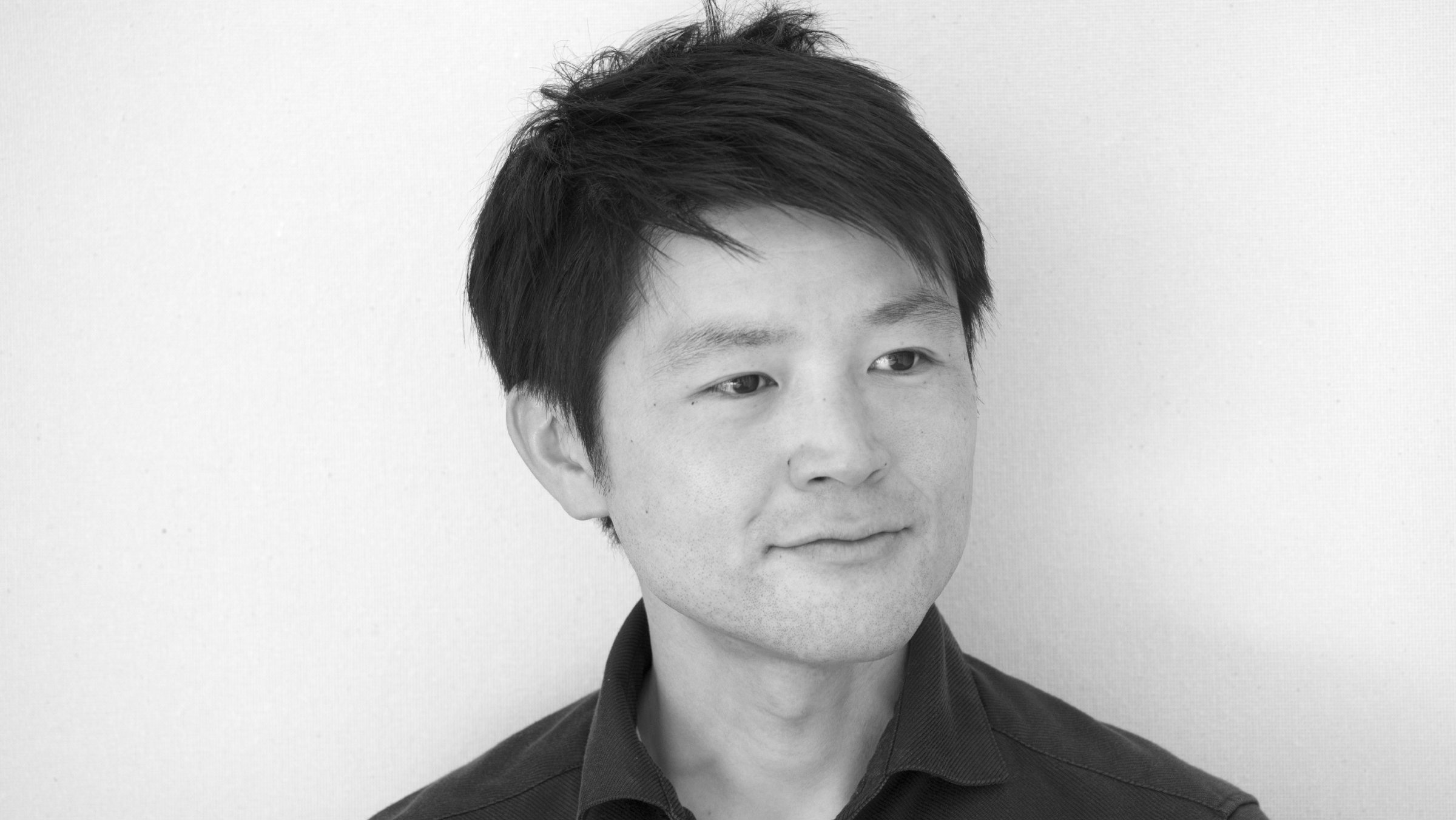Anyone can be a beatboxing champion with the Neural Beatboxer
Boots and cats and boots and cats...

We’ve all tried it, but very few of us are actually good at beatboxing – and handily for those of us who are less talented than the likes of Beardyman, you can now use the Neural Beatboxer to do all the hard work for you.
Thanks to Nao Tokui, CEO of music and AI startup Qosmo, anyone with access to Google Chrome can try their hand at laying down some sick beats.
His new neural network-powered software collects snippets of audio to produce a custom drum kit, automatically sequencing them to create a beat.
Make some noise
All you have to do is record a short sound into the Neural Beatboxer – this can be anything from a clap, to a your own voice, or even flicking a plastic bottle as Tokui does in his demonstration video.
You can record directly into your computer’s inbuilt microphone, although audiophiles will probably want to use an external microphone for a cleaner sound.
Each snippet of audio is assigned to a different part of the drum kit, with the neural network analyzing the frequencies and deciding which part of the kit the audio should represent. The drum kit is then used to generate a rhythm, using Google’s DrumRNN model.

A robot chart-topper?
Although the Neural Beatboxer is by no means the first AI music composition tool, it is the first to focus purely on vocal percussion and the creation of unusual rhythms. Speaking to El Reg, Tokui said: “My intention here is to make interesting, weird, and eccentric novel rhythms for music that a human composer might not think of.”
Sign up for breaking news, reviews, opinion, top tech deals, and more.
With new AI music software like Sony’s Flow Machine and Amper AI becoming more and more complex, it’s surely only a matter of time before we see a robot at Number 1 in the charts – although whether the music will be any good remains to be seen.
You can try out the Neural Beatboxer here.

Olivia was previously TechRadar's Senior Editor - Home Entertainment, covering everything from headphones to TVs. Based in London, she's a popular music graduate who worked in the music industry before finding her calling in journalism. She's previously been interviewed on BBC Radio 5 Live on the subject of multi-room audio, chaired panel discussions on diversity in music festival lineups, and her bylines include T3, Stereoboard, What to Watch, Top Ten Reviews, Creative Bloq, and Croco Magazine. Olivia now has a career in PR.